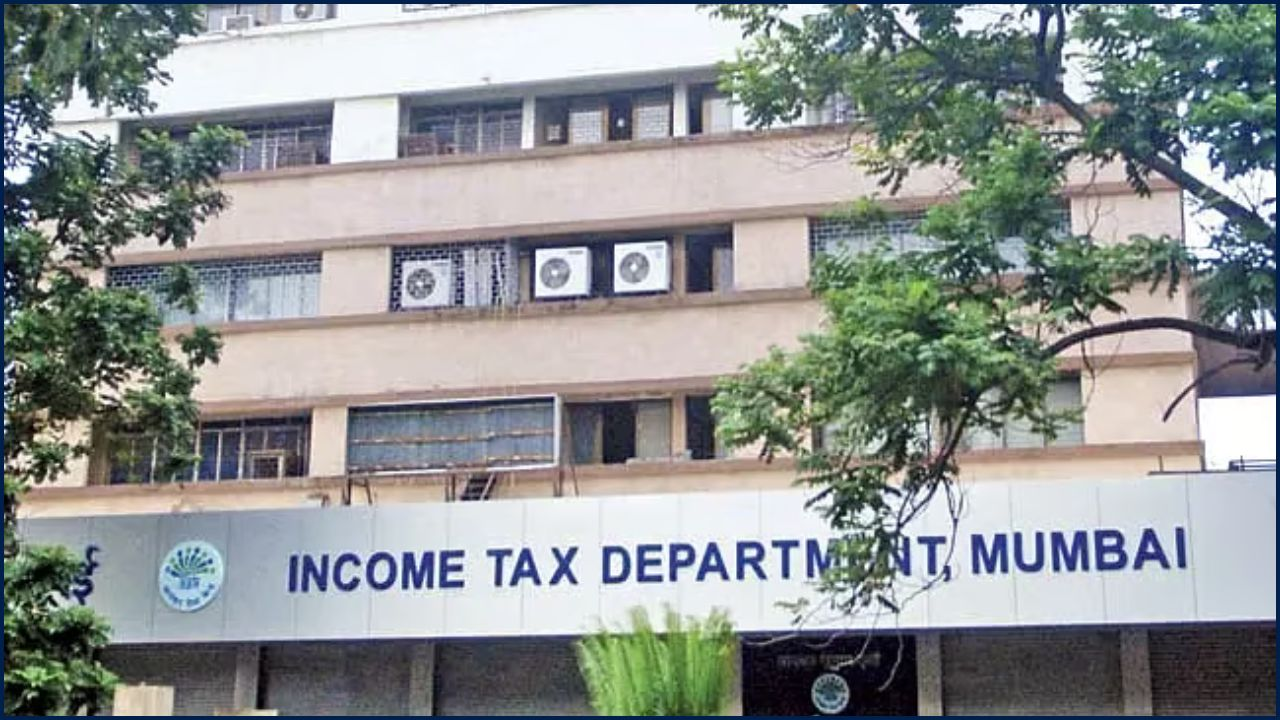
The Securities and Exchange Board of India (SEBI) has granted equity status to Real Estate Investment Trusts (REITs), a regulatory shift expected to broaden participation in India’s property-linked financial instruments and enhance liquidity. The decision is aimed at aligning REITs more closely with equity markets, offering investors opportunities to earn income and capital gains with lower upfront investment.
What SEBI’s Decision Means for Investors
By classifying REITs as equity, SEBI has shifted them out of the hybrid investment category, where they were grouped with Infrastructure Investment Trusts (InvITs). This move allows mutual funds with equity mandates to allocate directly to REITs, widens the potential investor base, and paves the way for possible inclusion in equity indices.
“Treating REITs as equity instruments will improve market visibility, attract institutional investors, and boost liquidity,” said Vikram Talwar, Chief Executive Officer of Embassy REIT, in comments reported by the Economic Times.
According to analysts at Motilal Oswal Financial Services, the reclassification could raise trading volumes and valuations in India’s three listed REITs — Embassy Office Parks REIT, Mindspace Business Parks REIT, and Brookfield India Real Estate Trust.
Background on REITs in India
REITs were introduced in India in 2019 to enable investors to buy fractional units of income-generating real estate such as office parks, retail malls, and logistics hubs. By regulation, REITs must distribute at least 90 percent of their net distributable income to unit holders, making them attractive for yield-seeking investors.
Until now, REITs were placed in a hybrid investment category, limiting the exposure mutual funds and institutional investors could take. Industry representatives have long argued that this dampened growth.
“SEBI’s decision corrects a regulatory anomaly,” said Rajiv Bansal, Senior Analyst at Kotak Institutional Equities. “Globally, REITs are considered equity, and aligning India with this standard will improve capital flows and market confidence.”
Potential Benefits and Risks
Benefits for Investors
- Lower capital threshold: Investors can buy units in listed REITs without needing large sums for property ownership.
- Income plus growth: REITs offer dividend income from rentals along with potential capital appreciation.
- Diversification: Adding real estate exposure reduces concentration risk in traditional equity portfolios.
- Liquidity: Equity classification improves tradability in secondary markets.
Risks to Consider
- Market volatility: REIT prices remain sensitive to equity market swings.
- Sector exposure: Risks include falling office demand due to hybrid work models.
- Interest rate pressures: Rising borrowing costs can affect REIT yields.
Market Response
Following the announcement, REIT units gained up to 8 percent in two trading sessions, according to The Economic Times. Analysts noted that investors anticipate increased inflows once mutual funds and index funds start expanding allocations.
“SEBI’s decision is transformative,” said Mike Holland, Chief Executive Officer of Embassy Office Parks REIT, in a press briefing. “It provides greater visibility and should accelerate the institutionalisation of Indian commercial real estate.”
International Context
Globally, REITs are widely recognised as equity vehicles, particularly in markets such as the United States, Singapore, and Australia. Index providers like MSCI and FTSE Russell classify REITs as part of equity universes, and large institutional investors often include them in equity portfolios.
Analysts suggest India’s alignment with global standards could attract foreign institutional investors and enhance cross-border comparability.
Looking Ahead
The move may encourage the launch of new REITs in India’s expanding commercial property sector. Analysts expect greater participation by retail investors, mutual funds, and passive vehicles such as exchange-traded funds (ETFs).
“Reclassification is a positive signal that India is maturing as a REIT market,” said Dr. Anjali Mehta, professor of finance at the Indian Institute of Management, Bangalore. “It offers ordinary investors a bridge to high-quality real estate with relatively modest sums.”
Conclusion
SEBI’s decision to classify REITs as equity is a structural shift that could reshape India’s real estate investment landscape. While investors may benefit from greater accessibility, yield potential, and diversification, they must remain alert to risks from interest rates, market volatility, and sector-specific challenges.
















